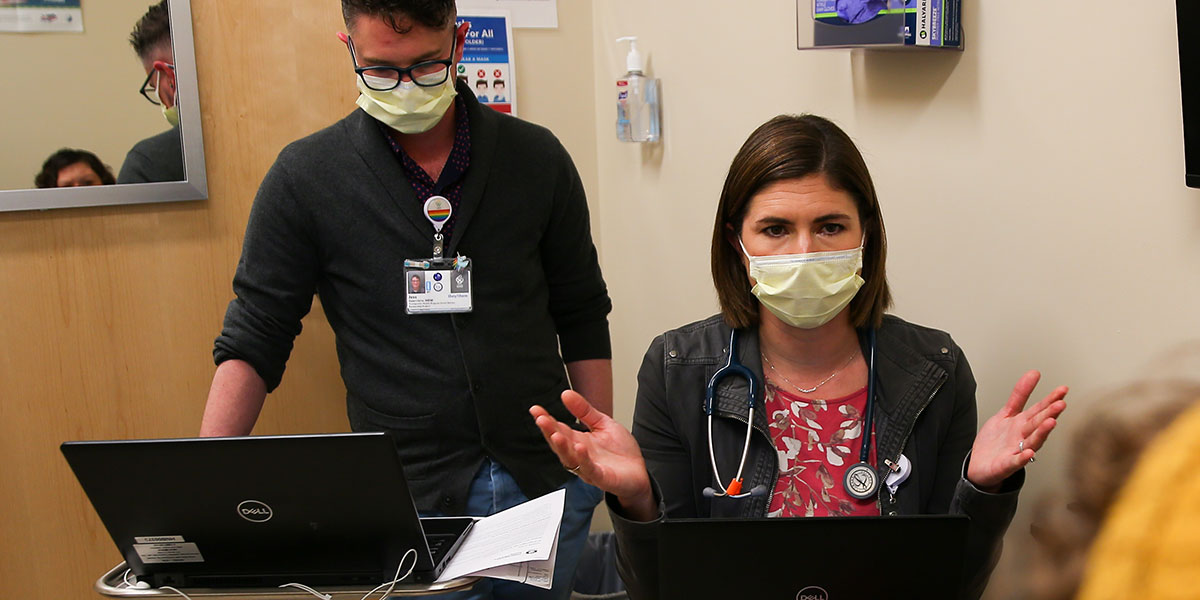- Joined
- Oct 22, 2014
- Messages
- 2,841
- Reaction score
- 5,760
I have that attitude. That is, I think it is prudent for clients to be cautious about committing to irreversible surgeries (or even hormone treatments, by the way...I have worked with a veteran who decided to de-transition due to adverse health effects some of which may be permanent according to the medical folks...weight gain, breast enlargement, muscle atrophy, low T, difficulty with erections and even when achieved, painful erections, genital atrophy).I would find many of the arguments against gender-affirming care more palatable if it came with an attitude of "These procedures aren't easily reversible so let's just make sure we are erring on the side of caution with youth while still respecting their feelings and fully supporting their desire to live life as they choose once they become adults."
While I'm certain there are people out there with that attitude, I have seen extraordinarily few opponents to gender-affirming care in children who are truly supportive or welcoming of adults transitioning. It certainly makes me question their real motives.
I am not ideologically 'against' anyone transitioning nor am I 'for' anyone transitioning. I am 'for' my clients making up their own minds and charting pathways of recovery consistent with THEIR deeply held beliefs, values, goals, etc.
Fortunately, I don't work with the kids. I think that's a whole 'nother kettle of fish. I am neither 'pro' or 'con' this area...to me this is such a complex and emotionally-charged topic I feel like I need to get a whole lot more information on it and also need to think very deeply about all the ethical/moral and legal issues involved. But, as far as adults are concerned? They're free to do as they wish and I would support them pursuing any path they think would allow them to thrive. However, I think it would be irresponsible for me to encourage them to transition or not to transition based on my particular beliefs or values. I also think it would be irresponsible for me (as their therapist) not to ask open-ended Socratic questions or encourage them to think critically about their choices or for them to receive true and comprehensive informed consent including known or possible risks/benefits, alternatives, etc. But this feels like the one area of clinical practice where you're expected as the therapist to somehow just 'agree with' and endorse/encourage clients to transition vs. being more impartial and Socratic and measured. It doesn't feel right to me and I'm pretty sure I'm not alone in that and I don't believe it makes me bigoted; I believe it makes me adherent to some of the most central and sacred tenets of responsible delivery of psychotherapy, but people are sure to differ on this. I'm more comfortable considering my approach to be 'client-affirming' or 'person-centered' rather than 'gender affirming.' The term 'gender affirming' could imply that if a biological/natal male comes to you saying that they are considering transitioning to female that you are supposed to immediately strive to 'affirm' that 'choice.'
Here's what really concerns me about these discussions, though. We used to be a profession that celebrated and encouraged dissent, controversy, and debate in the field. However, all too frequently in this area, any dissent, differing opinions, questions, hesitations, doubts, Socratic questions or basically anything other than full-throated support for a particular position puts the person raising the questions at risk of being labeled any number of negative labels either explicitly or by insinuation, joke, remarks, etc.
If we're ever going to be able to truly establish any scientific consensus in this (or any other) area in the field, we're only going to be able to get there via embracing questions/critiques, dissent, 'controversy,' debate, and alternate theories or ways of trying to understand the clinical phenomena or the research database.
Last edited:

